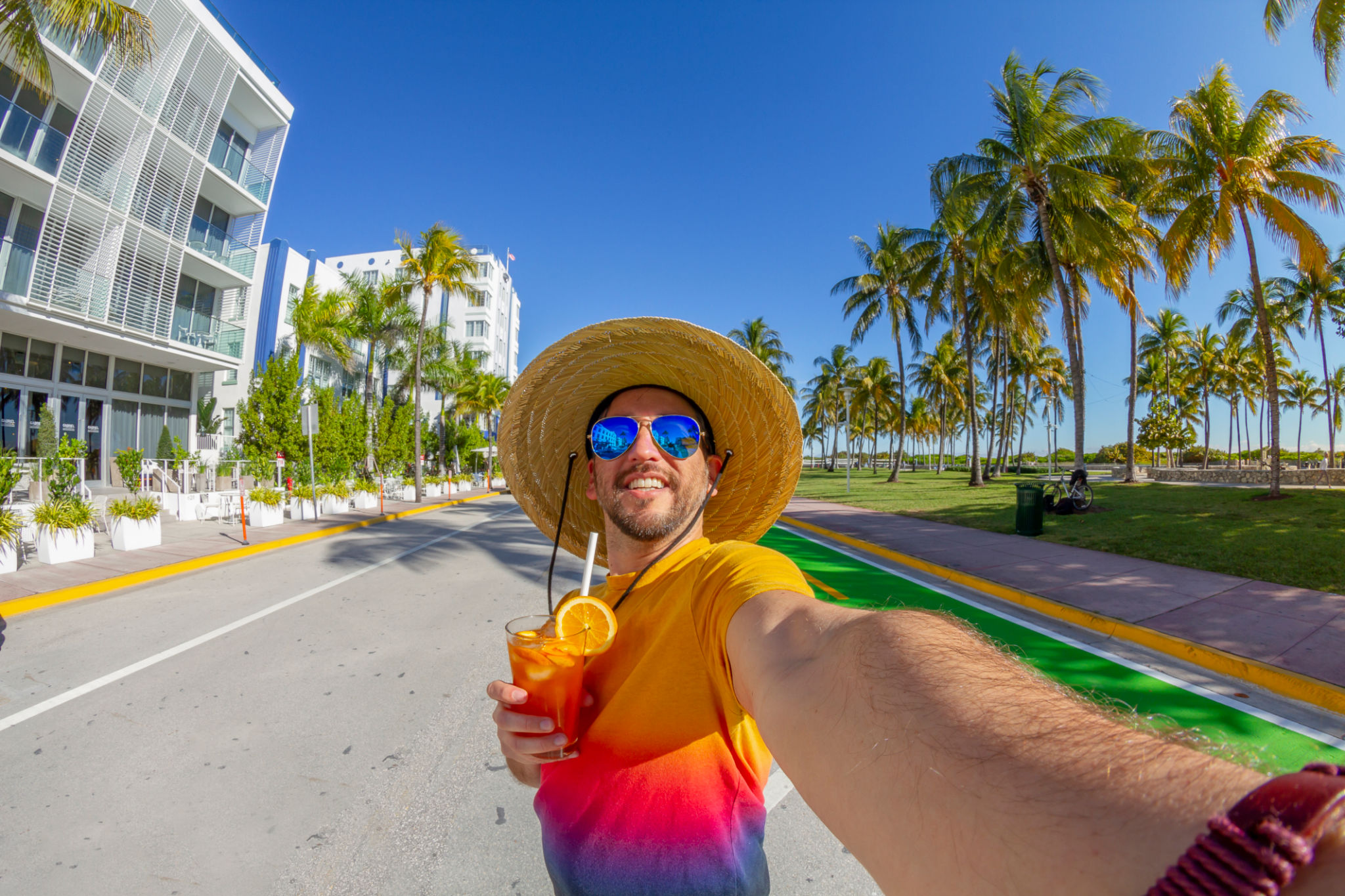A Guide to Navigating Alcohol Marketing Regulations in Florida
CD
Understanding Florida's Alcohol Marketing Regulations
Marketing alcohol in Florida comes with a unique set of challenges and considerations. The state has specific regulations that govern how alcoholic beverages can be advertised, promoted, and sold. Understanding these regulations is crucial for any business involved in the alcohol industry to ensure compliance and avoid penalties.

The Importance of Compliance
Compliance with alcohol marketing regulations is not just about avoiding fines; it's also about maintaining a reputable business. Florida's Division of Alcoholic Beverages and Tobacco (ABT) is the primary regulatory body overseeing these laws. Businesses must familiarize themselves with the rules to successfully market their products without crossing legal boundaries.
Regulations cover a wide range of aspects, from advertising content to promotional activities. For instance, advertisements must not target minors or make false health claims about alcohol consumption. Understanding these details can save businesses from potential legal troubles.
Key Advertising Guidelines
When it comes to advertising alcoholic beverages in Florida, there are several key guidelines that businesses must follow. First and foremost, all advertising must be truthful and non-deceptive. This means avoiding any claims that exaggerate the effects or benefits of alcohol consumption.

Moreover, advertisements should not be placed in media where the audience is predominantly underage. Businesses must also ensure that all promotional content is appropriately labeled with necessary disclaimers, such as age restrictions and consumption warnings.
Promotional Activities and Events
Promotional activities like tastings, giveaways, and sponsored events are effective ways to market alcohol, but they come with their own set of rules. In Florida, these activities must be conducted in a manner that complies with state laws, including obtaining necessary permits or licenses.
For example, tastings must be held at licensed premises, and there are limits on the quantity of alcohol that can be served. Additionally, businesses must ensure that all promotional events are not accessible to minors and adhere to responsible service practices.

Social Media and Digital Marketing
With the rise of digital marketing, businesses must also navigate the complexities of promoting alcohol online. Social media platforms have their own policies regarding alcohol advertising, which often mirror state regulations but may have additional restrictions.
Businesses should ensure that their social media content complies with both platform policies and Florida's regulations. This includes age-gating content, monitoring user-generated content, and avoiding any promotion that could appeal to minors.
Staying Updated on Regulations
Alcohol marketing regulations are subject to change, and staying updated is essential for ongoing compliance. Businesses should regularly review Florida's ABT website for any updates or changes to the laws. Additionally, consulting with legal experts or joining industry associations can provide valuable insights and support.

By adhering to these guidelines and staying informed, businesses can effectively navigate the complex landscape of alcohol marketing regulations in Florida. This approach not only ensures compliance but also helps build a responsible and reputable brand in the competitive alcohol market.
